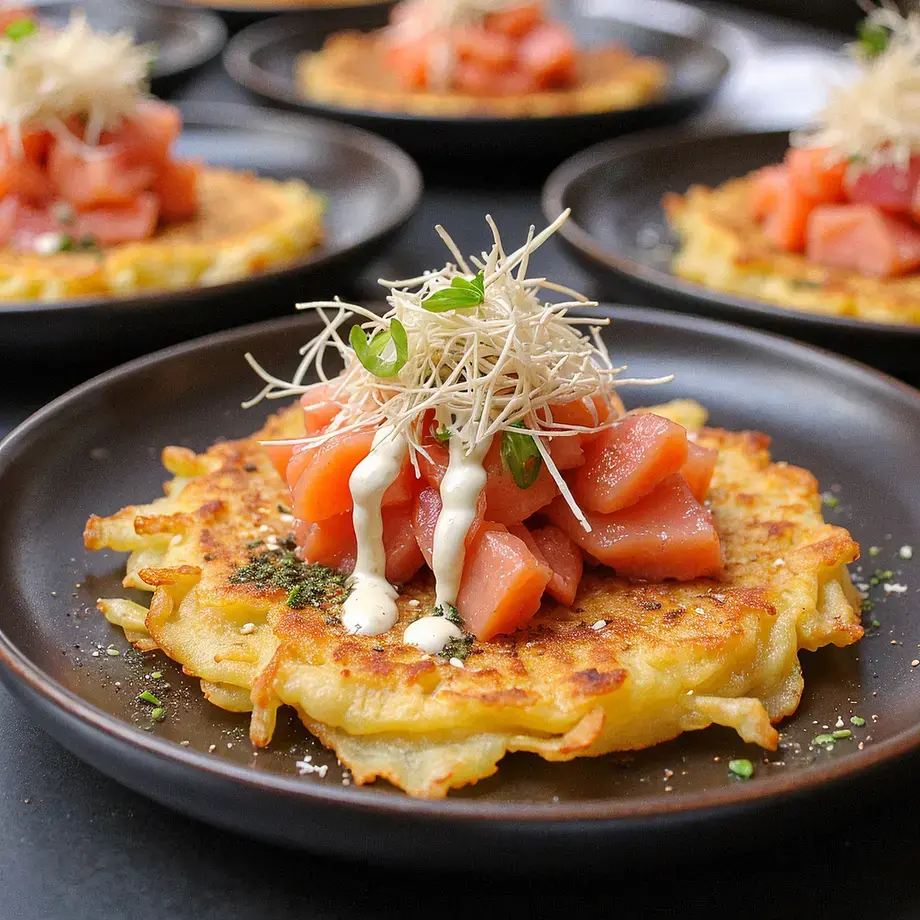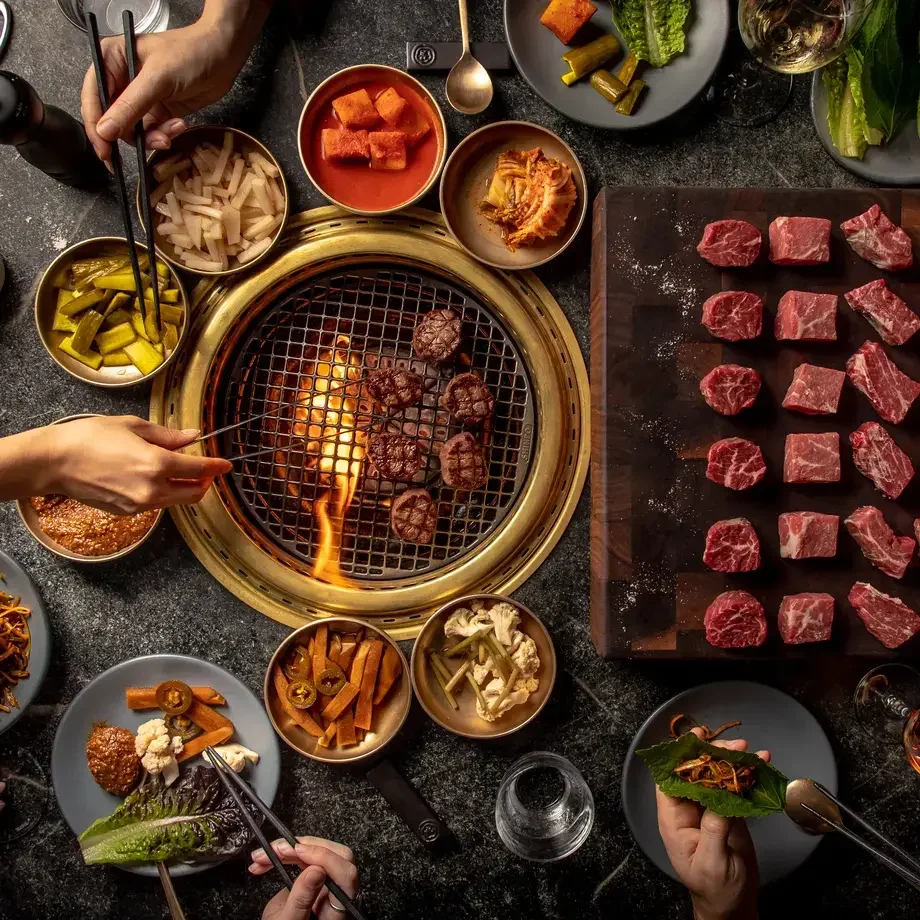If you have ever seen a large, green bunch of thick-skinned bananas in your grocery store, don’t be fooled - they are not bananas. They're plantains, a starchy cousin of bananas widely consumed in Latin America, Africa, and the Caribbean. While bananas and plantains look similar, they have quite a few differences.

Photo: iStock
What's the Difference Between Plantains and Bananas?

Plantains and bananas are genetically close – hence their similar appearance – but plantains have a different flavour and culinary use. Plantains are thick-skinned, starchy, and contain less sugar than bananas. They're treated more like a vegetable than fruit, often used in savoury dishes, and they are primarily eaten cooked (boiled, sautéed, fried, or baked). They are long and curved, tend to be larger than bananas and have a thicker skin. Like bananas, as they ripen, they turn from green to yellow to dark brown. As they get darker, they become sweeter. You can eat plantains at any stage of their ripening process. Plantains grow in Central Africa, the Caribbean, and other tropical regions, and they're commonly used in Latin, African, and Caribbean cuisine.
Plantains vs bananas: taste and size

Plantains and bananas have similarities. Their colours indicate how they will taste when ripe – both taste bland when green, but as they ripen, they become sweeter. Raw bananas are sweeter than ripened plantains, primarily due to their higher natural sugar content. However, ripe plantains are very sweet when cooked.
Plantains are typically heavier and longer than bananas, averaging about 12 inches (about 30 cm) in length compared to 6 inches for bananas.
Plantains vs bananas: nutrition

Neither bananas nor plantains are superior to the other in terms of nutrition, as both fruits are nutritious and can be included as part of a healthy diet. Plantains are starchy and contain less sugar than bananas. While bananas are a healthy fruit, their high natural sugar content means you don’t want to over-indulge in them. The starch in plantains is high in nutrients and – as long as you cook them properly – you can eat more plantains than bananas in a serving. They are used in more savoury dishes, while bananas are cooked in recipes that call for even more sugar, making plantains overall a bit healthier.
Plantains are high in complex carbs, but most carbs come from starch, unlike bananas, which have more carbs from sugar. Plantains are nutrient-rich, but preparation plays a more significant role in their overall health benefits. Similar to bananas, plantains are a good source of fibre.
Plantains and bananas both contain several vital nutrients, including potassium, magnesium, vitamin C, fibre, and antioxidant compounds. Both are healthy sources of complex carbohydrates. Plantains contain roughly 32 grams of carbs per 100 grams, while bananas contain about 23 grams. The main difference is that bananas have more carbohydrates from sugars, whereas plantains have more carbohydrates from starch. They contain a similar number of calories: 89–122 calories per 100 grams serving. Neither has significant fat or protein content.
How to cook plantains

You can try many gorgeous plantain dishes if you're looking to expand your recipe collection. Plantains are used more like a vegetable – they are very starchy, and the starch needs to be cooked, so they are more edible.
Plantains are often served as a savoury side dish. They are more common in Central and South America and the Caribbean recipes. They can also be found in the cuisine of African countries such as Ghana and Nigeria.
Plantains are the primary ingredient in Mofongo, a popular Puerto Rican dish. Another delicacy from this beautiful Caribbean island is Pasteles, meat-stuffed plantain leaves usually served for Christmas.
In Caribbean countries such as Jamaica, Dominican Republic, and Cuba, green and yellow plantains are sliced and fried to be served alongside meals. When green and fried, they can be referred to as tostones and, when ripe, as maduros.
For a more crunchy texture, slice them very thin before frying to enjoy them like chips. And if you’re craving more Cuban food, try this tasty recipe for plantains with yellow rice and olives – an easy way to introduce Latin America to your cooking.
How to cook bananas

Because ripe bananas are sweet, they are usually used in dessert recipes or baked goods, including banana bread, muffins, and cupcakes, often with chocolate chips thrown in.
Learn how to make the best banana pudding from scratch with just four ingredients, including a vegan version.
Looking for a breakfast recipe with a twist? Discover how to make a banana and oat muffin recipe that's perfect for an afternoon snack.
And if you're looking for delightful gluten-free muffins, check out this easy recipe.
We often buy more bananas than we need – maybe because we like them so much – and the sight of overripe bananas ending up in the trash is not uncommon. Here are some more yummy ideas for what you can do with leftover bananas.








